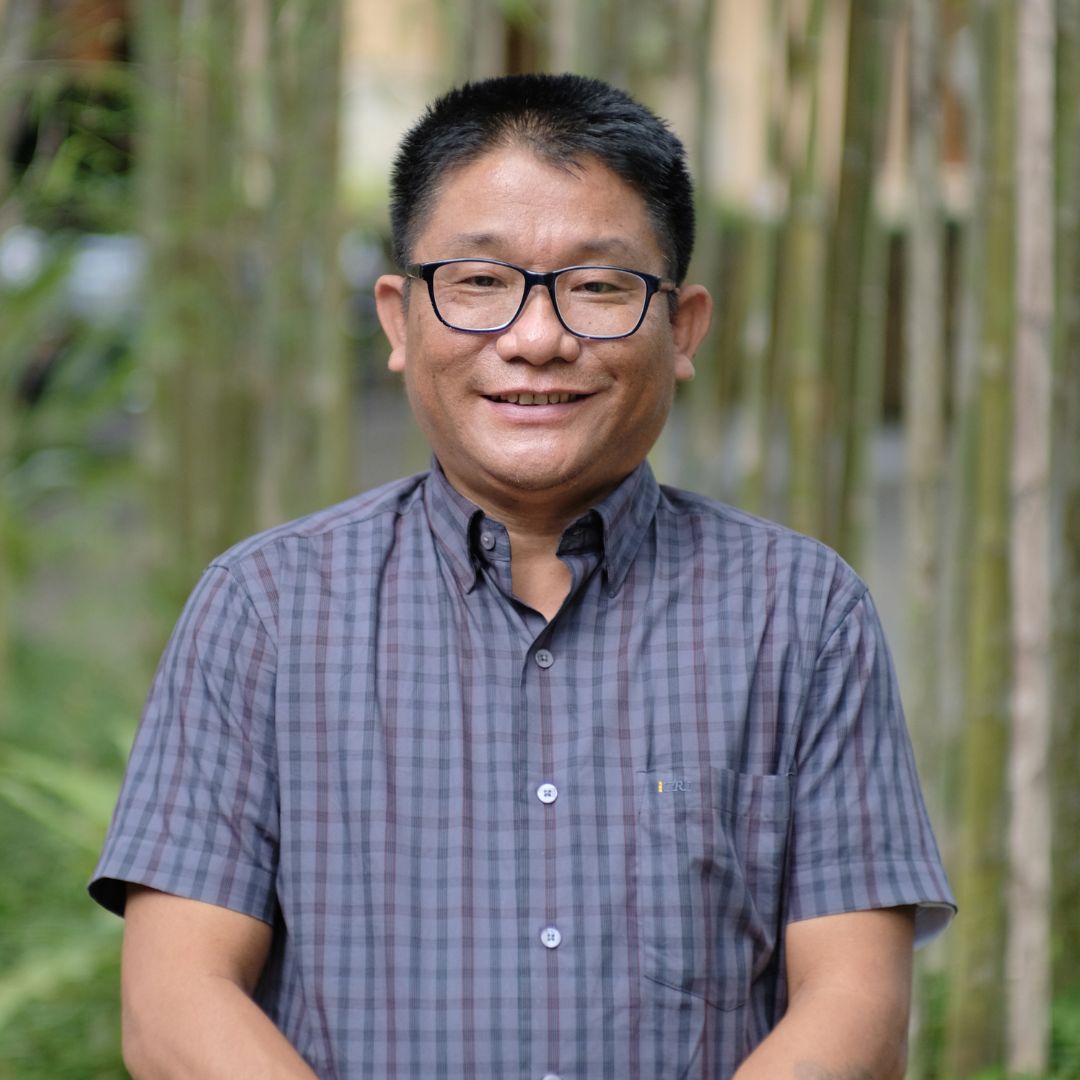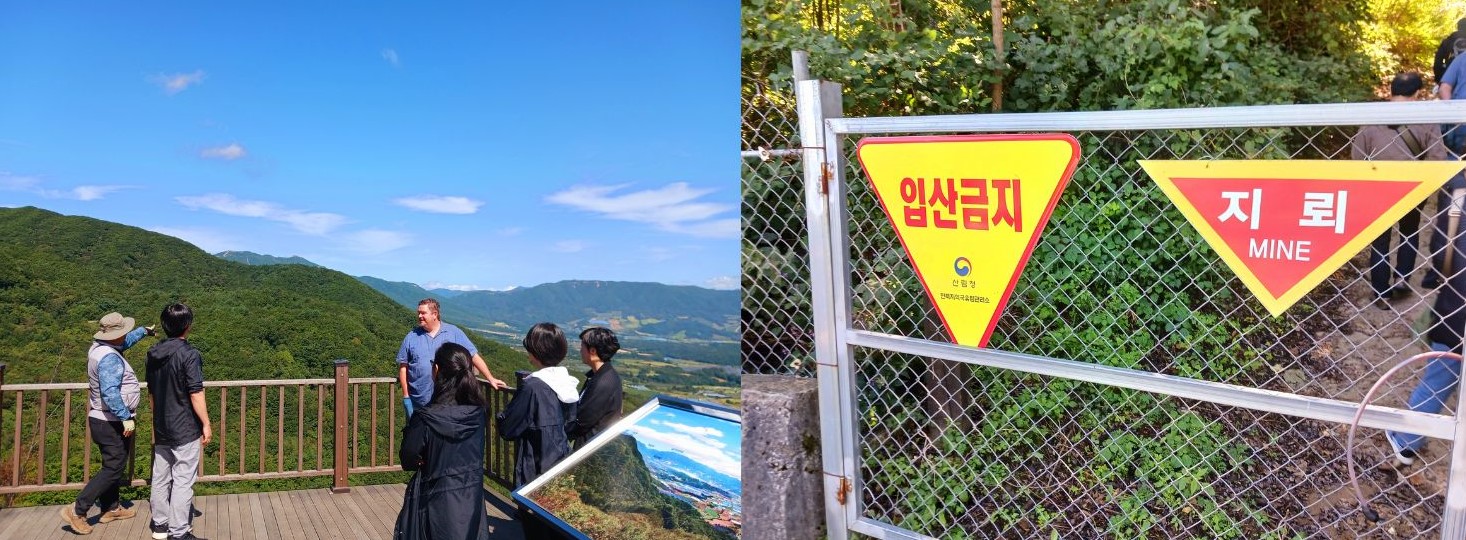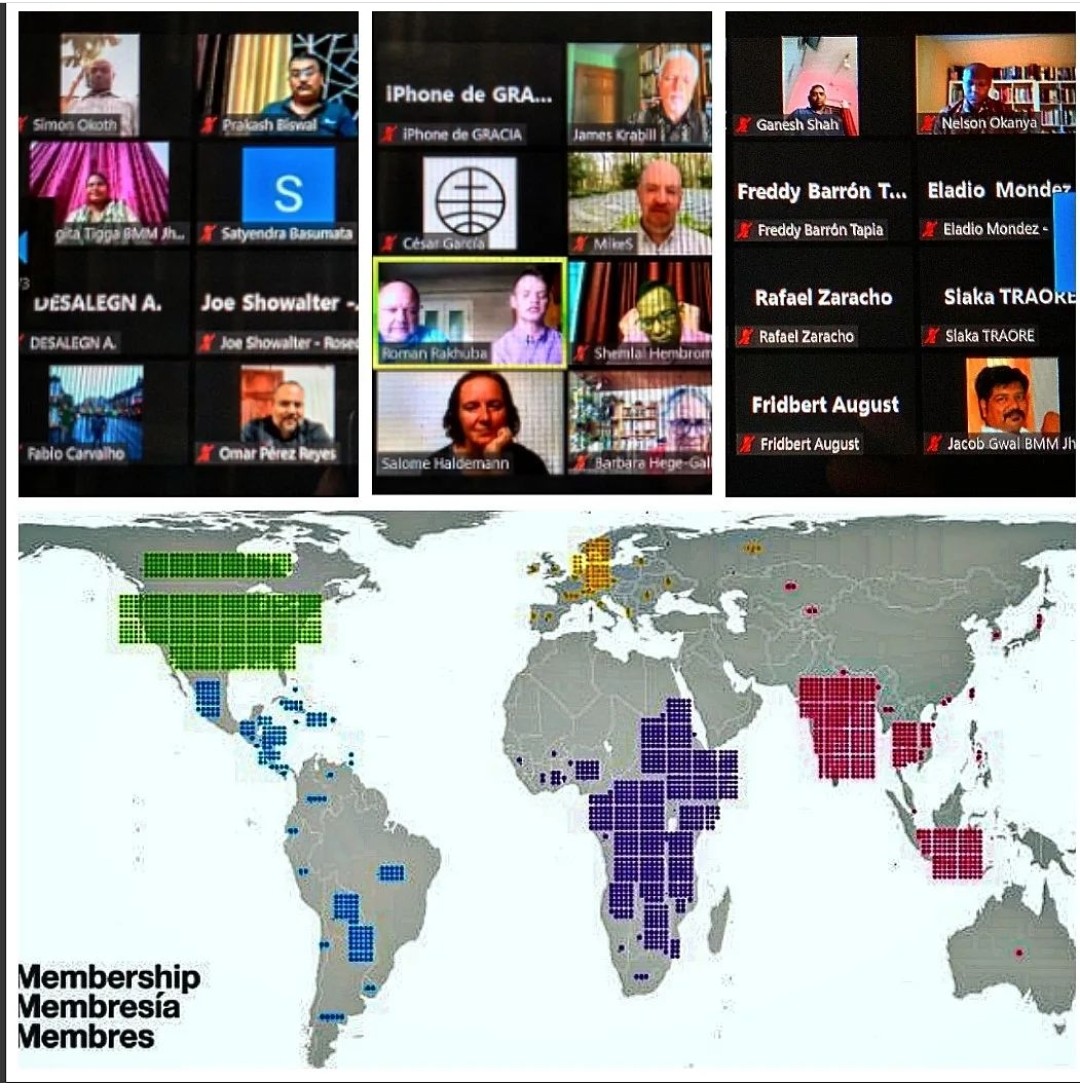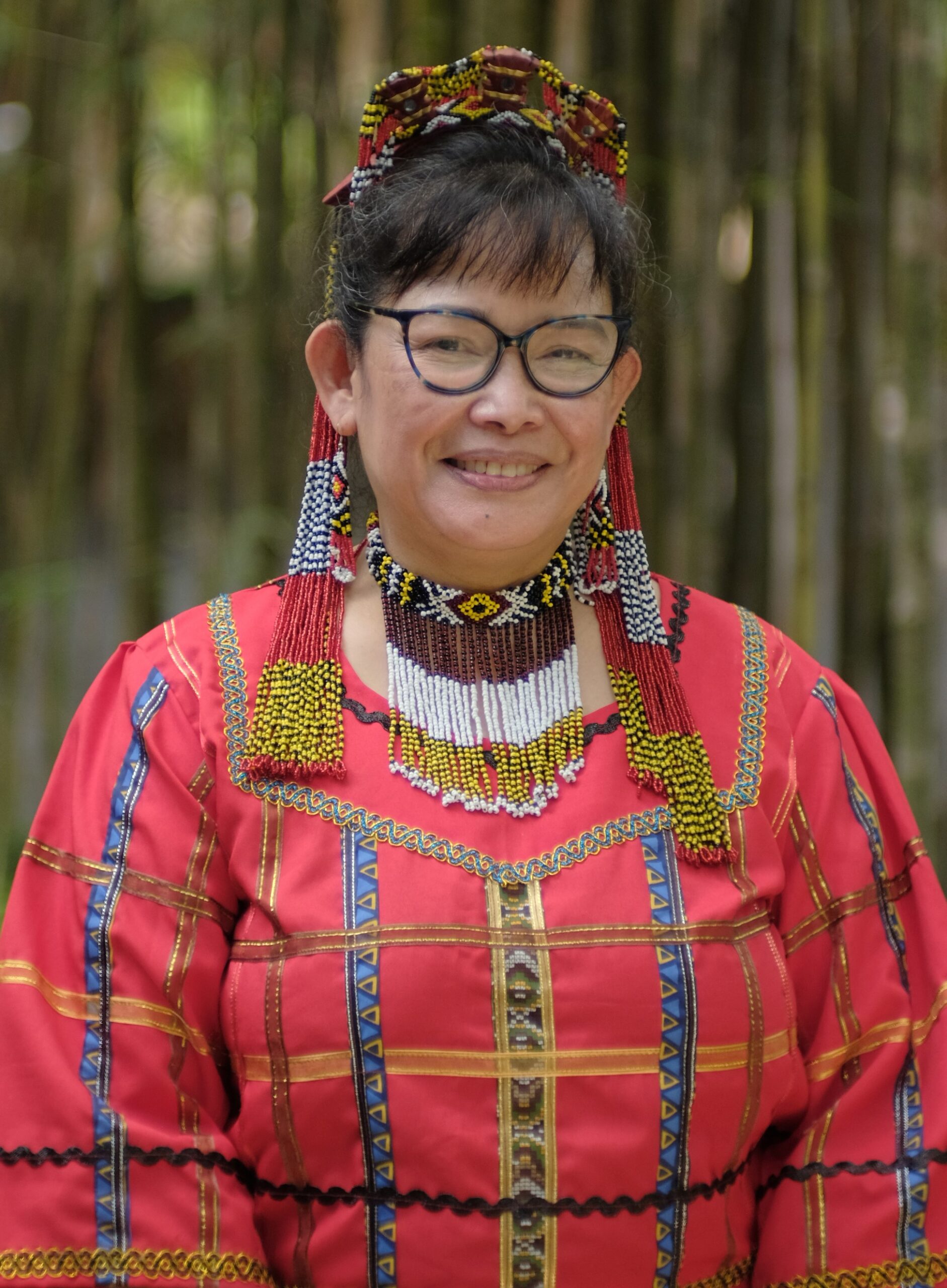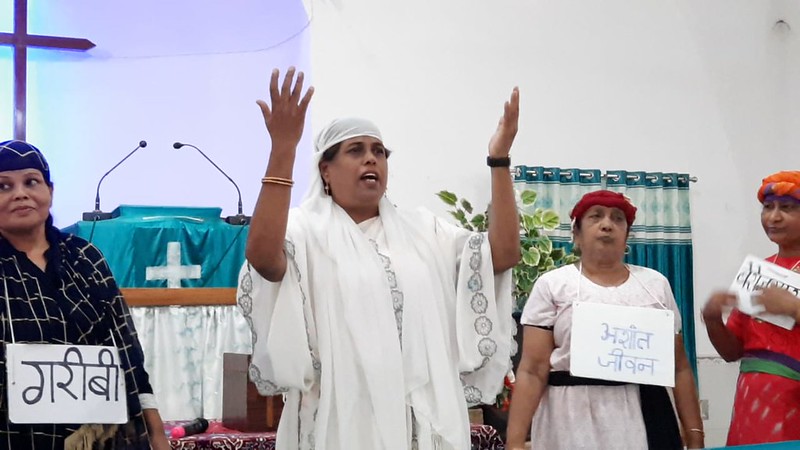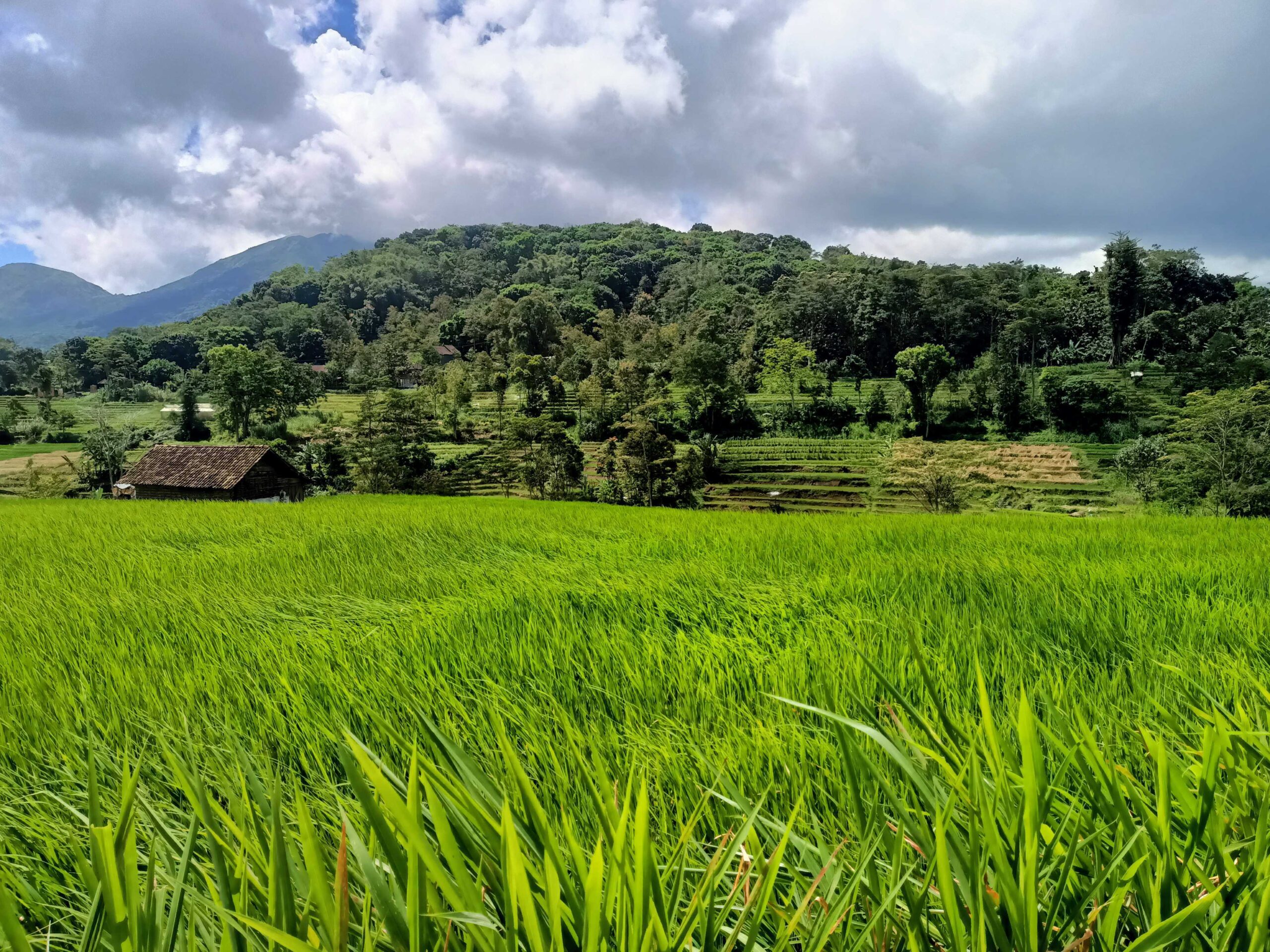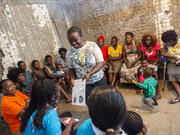-
A family that prays for each other
“You have been with us even though you were far from us. You helped us with your messages and calls,” says Kyendrébéogo Wendyam Natacha. The young woman who recently completed a YAMEN assignment with MWC presented an update in the November online prayer hour to attendees from three dozen countries. “My country [Burkina Faso] underwent
-
The Coronavirus Task Force
Indonesia 2022: Workshop Presentation of the work of the MWC Corona Task Force in 2020. What did we do? What were results? What did we learn? Presenter: Henk Stenvers (Decons Commission Secretary), is a Dutch Mennonite, from 2002 until his retirement in 2020 he was general secretary of the Dutch Mennonite Conference (Algemene Doopsgezinde Sociteit).
-
A weekend of prayer and action against hunger 2022
Why We Pray and Act Against Hunger The Focus of our Gathering Across the globe more than 41m people – around half of them children–are at risk of falling into famine in 43 countries. Famine is preventable and has no place in the 21st century. These people are not starving, they are being starved by
-
How can Christian values be embodied?
My encounters with Anabaptist-Mennonite brothers and sisters in South Korea shaped me. They demonstrate what it means to be a Christ follower. These believers transform their own trauma into a Christ-like life. They bear passion, peace, love and a heart to welcome strangers in their home. Alongside delicious Korean food, they share the stories of…
-
Let us pray
“Thank you for carrying us in your hearts,” says Siaka Traore, MWC regional representative for Central and West Africa. Mennonite World Conference members are invited to gather together Online Prayer Hour, 18 November 2022. This event will briefly feature sharing about Burkina Faso from Natacha Wendyam Kyendrebeogo. A member of the Église Évangélique Mennonite du
-
God’s mission in Anabaptist communities
“The relationship of Anabaptism and mission is a hot topic, and the field continues to expand to include a number of disciplines and sub-disciplines emerging which attempt to integrate a vision that is both missional and faithful to the Anabaptist message – and to wrestling with what precisely that means!”
-
Time to correct the page
“Indigenous solidarity hits the heart of what we do in the Philippines with Coffee for Peace,” says Joji Pantoja, chair of the Peace Commission (2015-2022). The Peace Commission drafted a Statement of Solidarity with Indigenous Peoples that was accepted by the Mennonite World Conference General Council in 2018.
-
Jesus’ message of resilience and liberation
Reading: Matthew 5:3-20 In June 1981, our family moved to Cochabamba, Bolivia, where my parents were to teach in a Baptist seminary that wanted more Anabaptist input. We arrived at a particularly raucous point in Bolivian history. In July 1980, Luis García Meza, a commander of the Bolivian army, led a coup d’etat, initiating a
-
Finding new ways to respond
Resilience in the face of the pandemic When we look back at what happened in the last two years all throughout the world, one could just offer a sigh. We were never prepared for this. Being locked down for several months in the Philippines forced us to reconfigure our social life. We tend to look
-
Peace with broken pieces
The power of resilience A Peace Sunday 2022 testimony “The vessel he was making of clay was spoiled in the potter’s hand, and he reworked it into another vessel, as seemed good to him” (Jeremiah 18:4). This theme has been discussed a lot recently, especially since the pandemic, while some of us may be struggling with
-
Peace Sunday 2022 – Activities page
Download and print the page to cut out fruits and vegetables for the Peace Sunday activity. https://mwc-cmm.org/resources/peace-sunday-2022-worship-resource
-
Vaccines and care at MB hospitals
In the Democratic Republic of Congo, lack of vaccination is a problem. Even before COVID-19, a measles outbreak took more than 40 children in 2019 in Kikwit, a city of some 500,000 people, and host to a growing number of internally displaced persons. But the church is not silent. Last August, Mennonite World Conference (MWC)
